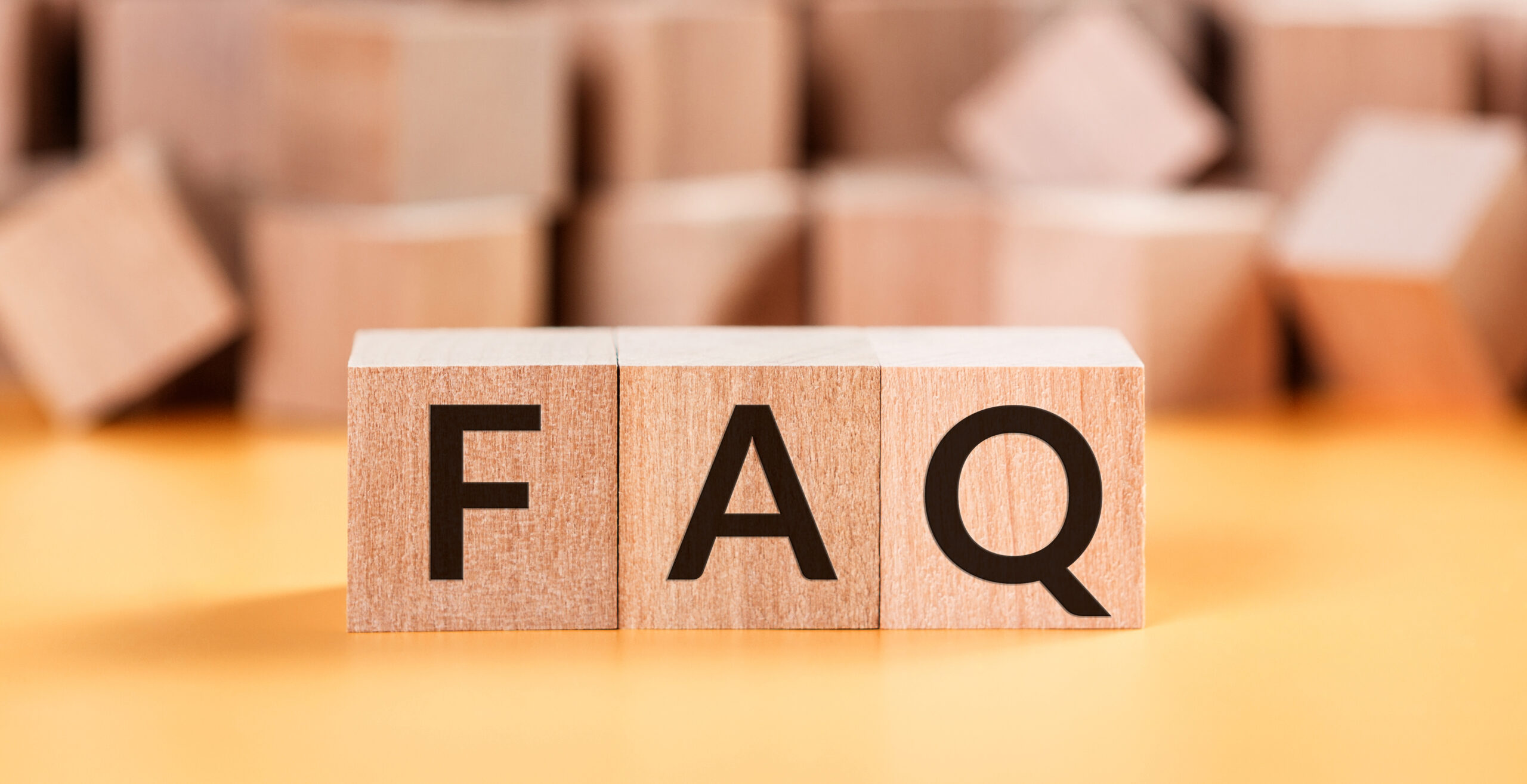On March 25, 2020, the Internal Revenue Service (IRS) announced its “People First Initiative,” a program intended to respond to the challenges of Covid-19 by providing a variety of relief related to IRS deadlines and collection actions. For additional information, please see our previous blog article regarding the People First Initiative here and the full text of the IRS press release on the topic here.
The IRS recently issues FAQs related to the People First Initiative. Please find the FAQs here. These FAQs address liens, levies, and installment agreements.
Specifically, the FAQs provide the following information:
Liens and Levies
Q. Will levies and wage garnishments remain in place or will these be paused from 4/1 to 7/15? Can the taxpayer request a pause? If so, how?
A. Levies will not be automatically released. IRS will consider taxpayers’ requests to release levies on a case by case basis if the levy is causing an economic hardship. “Economic hardship” means the levy prevents the taxpayer from meeting basic, reasonable living expenses. The IRS may ask for additional financial information to determine if a levy is causing an economic hardship.
To request a release of levy, if the taxpayer is working with a revenue officer, they should contact the revenue officer. For cases not assigned to a revenue officer, taxpayers who require a levy release should call the number on the notice of levy. If the taxpayer is unable to get through, the taxpayer should fax their request to 855-796-4524. The fax should include the taxpayer’s name, address, and social security number(s) (include the social security numbers for both spouses for joint filed returns) with their request. In addition, they taxpayer should include the name, address, and fax number of their employer or bank where the levy is being processed. Note that this fax number will only be used to address emergency levy release requests. Due to the IRS’s current limited staffing, the IRS will not respond to other issues sent to this fax line.
Q. What should a taxpayer do if they need a lien release, certificate of discharge, or have another lien issue?
A: The IRS is processing all electronically submitted lien certificate applications normally and assigning them within 10 days. To protect the health and safety of IRS employees and taxpayers, the IRS is not currently processing lien certificate applications mailed to the Advisory Consolidated Receipts (ACR) site in Florence, Kentucky. The IRS is working to reopen its offices and to restore mail service and will provide updates as the situation changes.
The IRS requests that taxpayers use the E-Fax line for our ACR site (844-201-8382) for certificates such as: discharge of property from the federal tax lien; withdrawal of the notice of federal tax lien; and subordination of the federal tax lien. Publication 4235, Collection Advisory Group Numbers and Addresses (PDF), has additional information on the process for submitting applications for lien certificates and other related topics. Please visit IRS.gov and search “Lien Certificates” for further information.
Installment Agreements
For taxpayers under an existing Installment Agreement, payments due between April 1, 2020, and July 15, 2020, are suspended. Taxpayers who are currently unable to comply with the terms of an Installment Payment Agreement, including a Direct Debit Installment Agreement, may suspend payments during this period if they prefer. The IRS will not default any Installment Agreements during this period. By law, interest will continue to accrue on any unpaid balances.
Q. Will direct debit payments continue to be deducted from my bank for Direct Debit Installment Agreements (DDIAs) during the suspension period?
A. Yes.The IRS will continue to debit payments from the bank for Direct Debit Installment Agreements (DDIAs) during the suspension period. However, taxpayers who are unable to comply with terms of their Installment Agreement may suspend payments during this period. Installment agreements will not default due to missing payments during the suspension period through July 15, 2020.
Q. If necessary, what is the best way to suspend direct debit payments for a Direct Debit Installment Agreement (DDIA)?
A. Taxpayers should contact their bank directly to stop payments if they prefer to suspend direct debit payments during the suspension period. Banks are required to comply with customer requests to stop recurring payments within a specified timeframe. The following resources provide guidance on how to work with the bank to stop payments:
Consumer Financial Protection Bureau, How do I stop Automatic payments from my bank account?
The IRS may be able to suspend certain single DDIA payments upon request, but due to disruptions caused by COVID-19 issues, it may be difficult to reach an assistor at the IRS. Note that if payments are stopped, in order to avoid possible default of the agreement once the suspension period expires on July 15, 2020, taxpayers must inform their bank to allow the debits to resume at least two weeks before their next payment is due.

